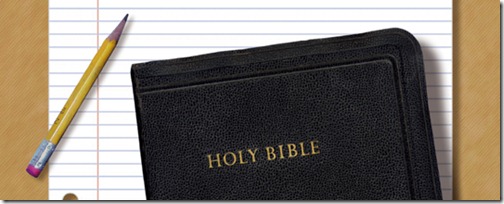
One of the foundations of the Mosaic law is the idea of honesty—it’s embedded in the Ten Commandments: You shall not bear false witness against your neighbor.
Although the value of honesty is obvious, the fact that this concept was codified when it was is interesting. Much of the Middle East at the time was used to corruption in their judicial systems. Also, in a less connected world it was harder to find the truth.
That being said, just telling someone that they have to tell the truth is not going to keep them telling the truth.
A Punishment for Lying
That is why the Mosaic code instituted punishments for lying—much as we have perjury laws today. The concept then and now is that if people do not preset accurate eyewitness of events, how is anyone to judge rightly?
Many situations would end up similarly to the “he said/she said” arguments of divorce trials. And worse, people would either be prejudice1 or bribery to get a favorable ruling.
Having perjury have a high cost allows for people to be encouraged to accurately relay facts—especially with trained lawyers that can often ferret out information that is hidden or contradictory.
Always Best to Tell the Truth
Telling the truth is always the best scenario, because it doesn’t require fabrication and it allows you not to have to remember the different scenarios. Also, it allows you to be genuine.
Now, I know that some have radical opinions about honesty—being blatantly honest or in-your-face honest. I believe that honesty should be seasoned with love. There are circumstances when some things don’t need to be said. Appropriateness should be taken into account.
But what is wrong with the truth?
- Much like a lot of family courts are now [↩]

